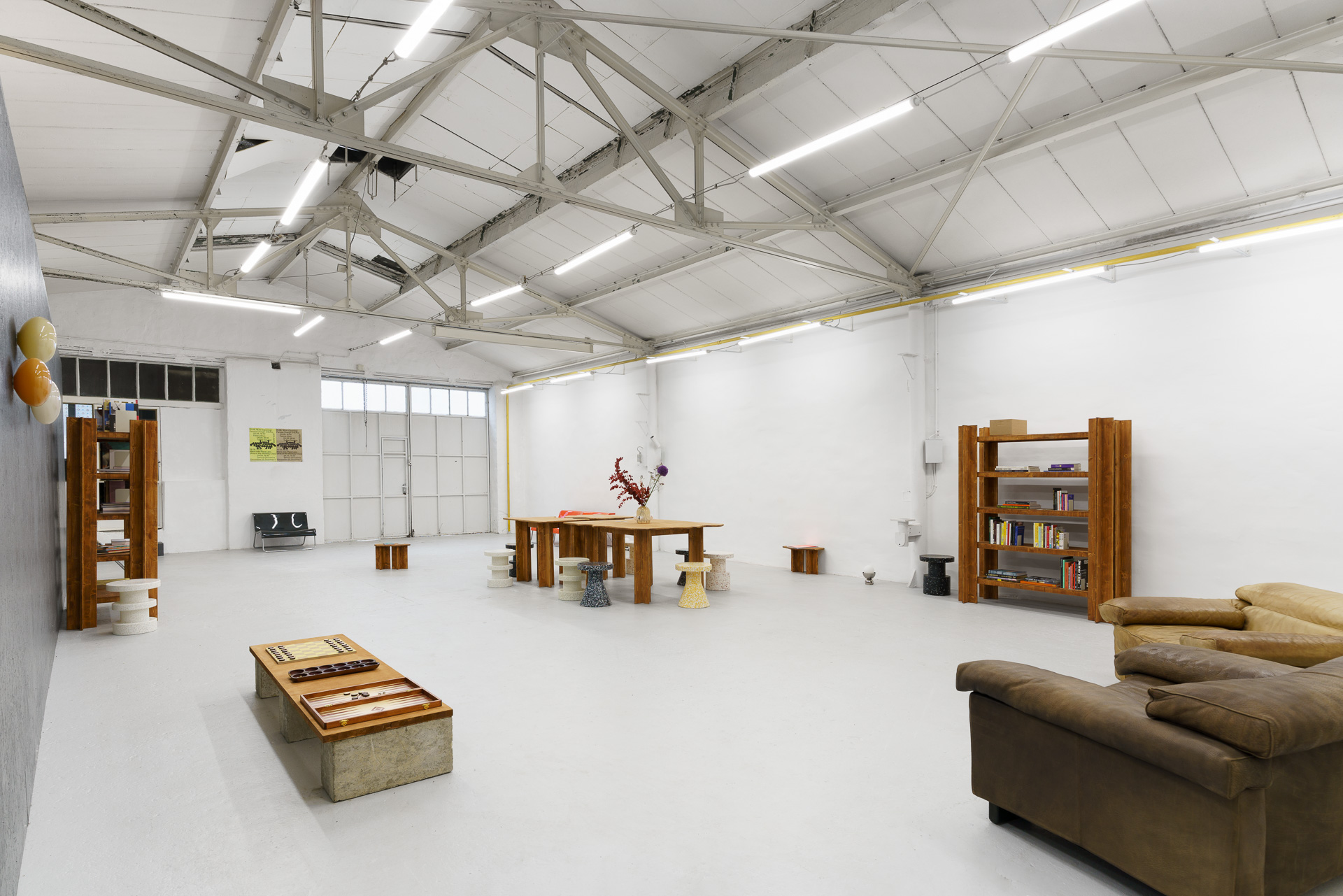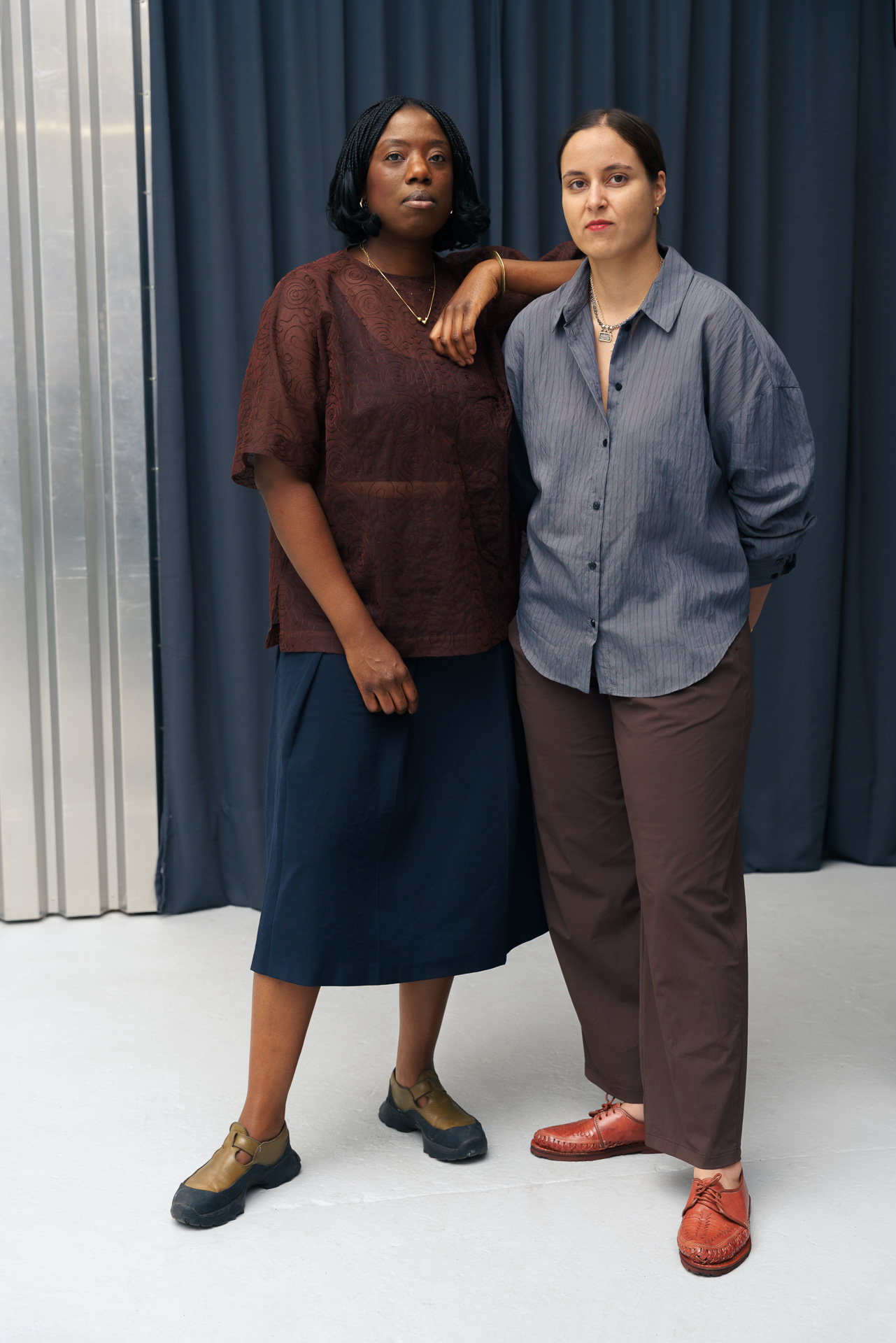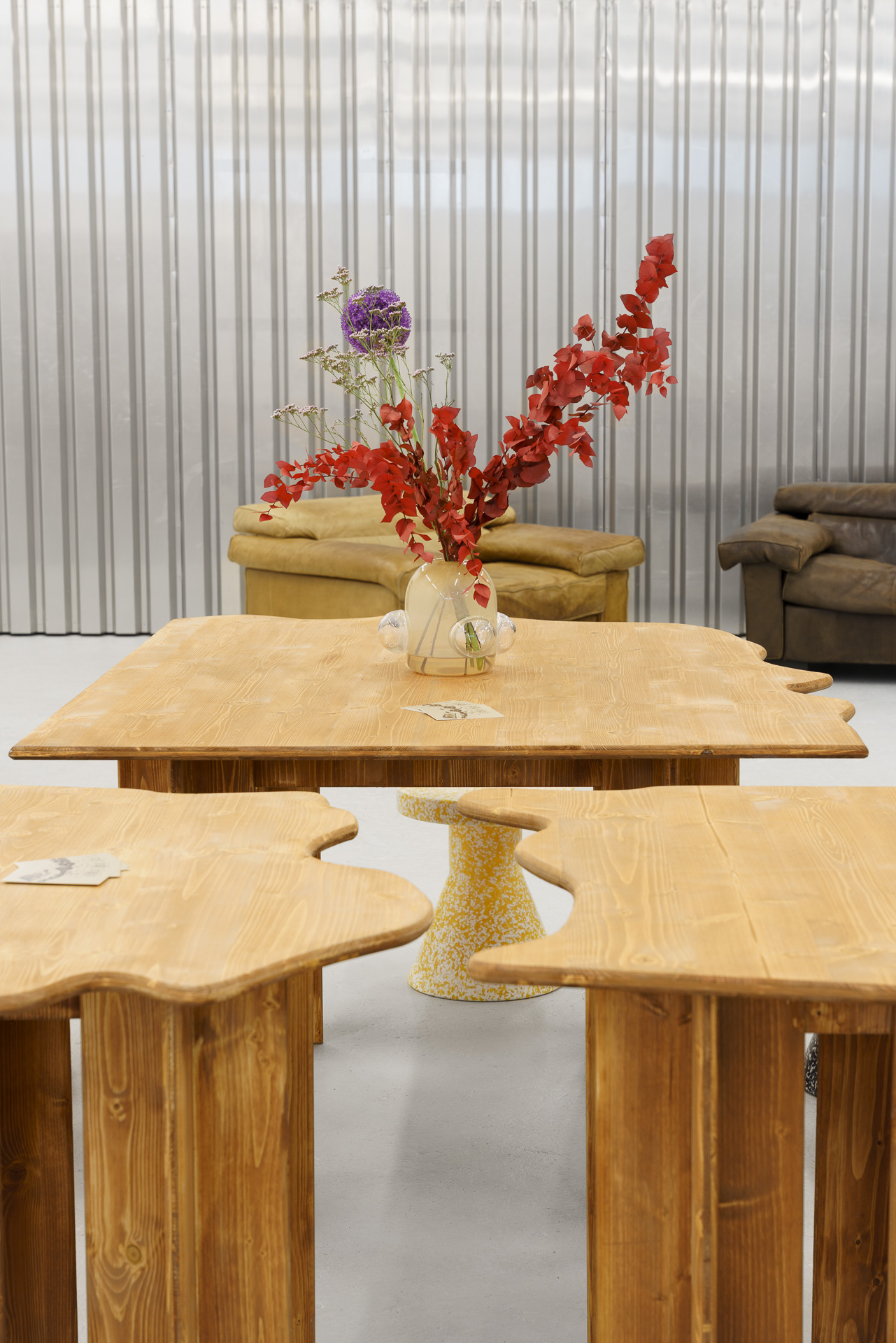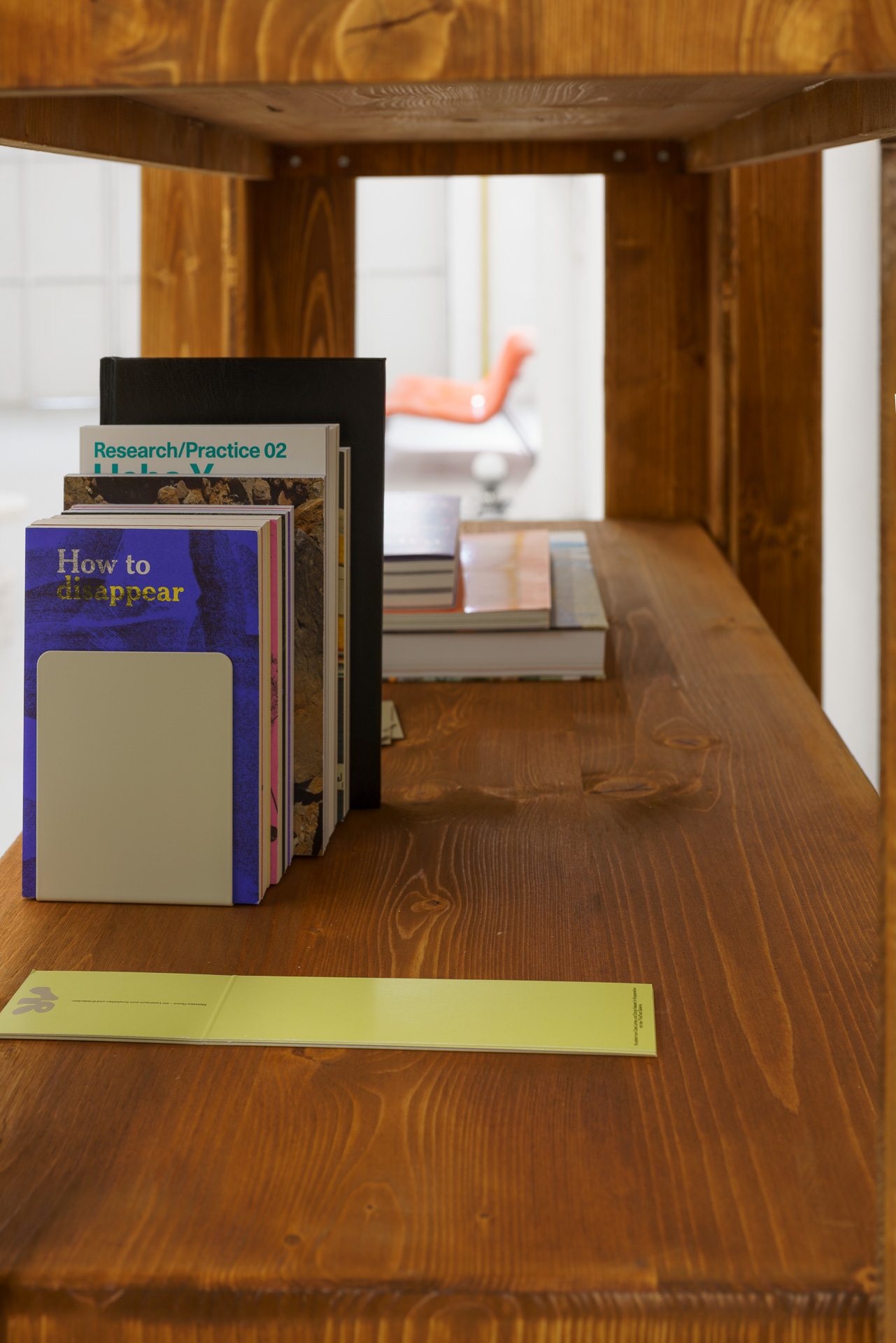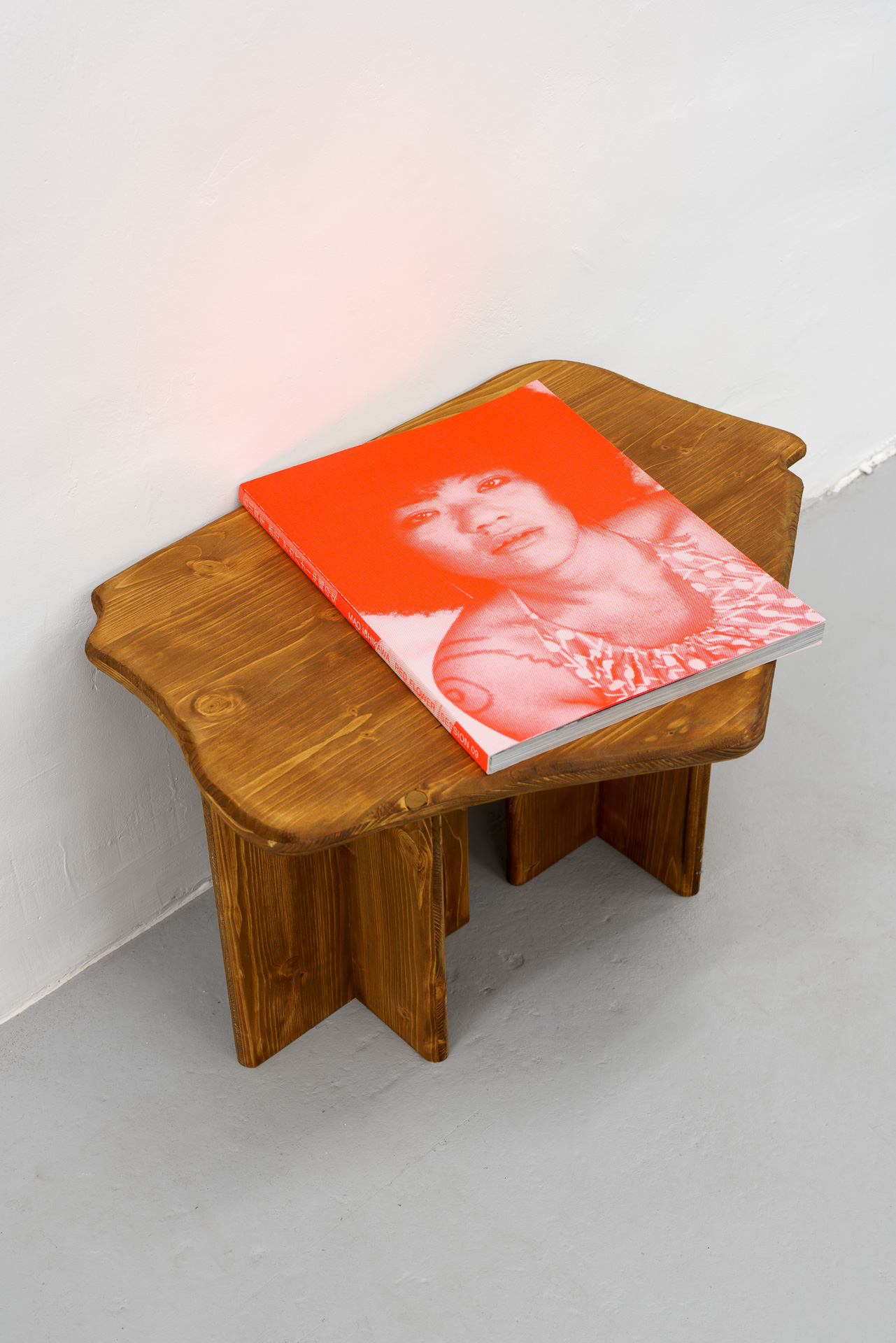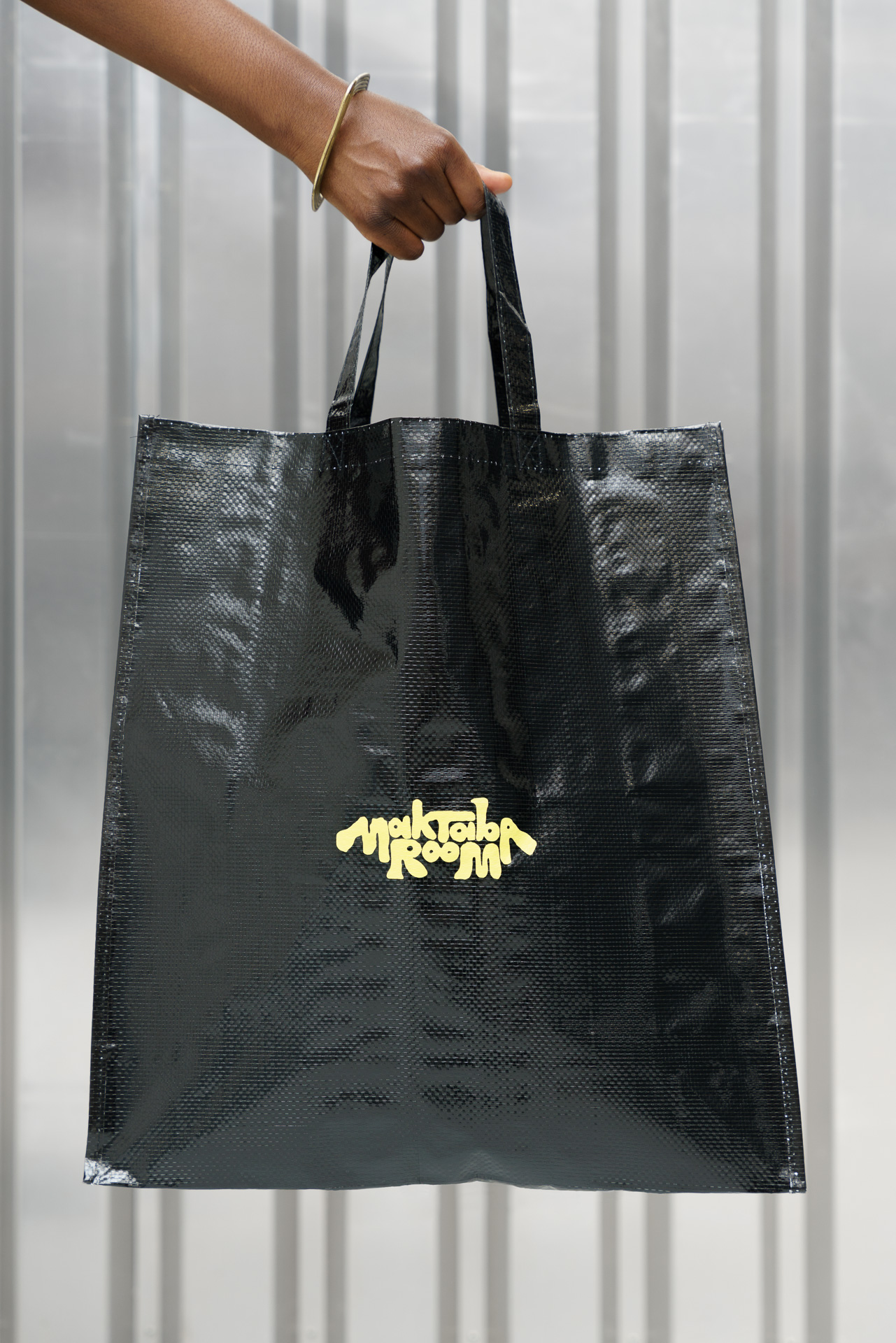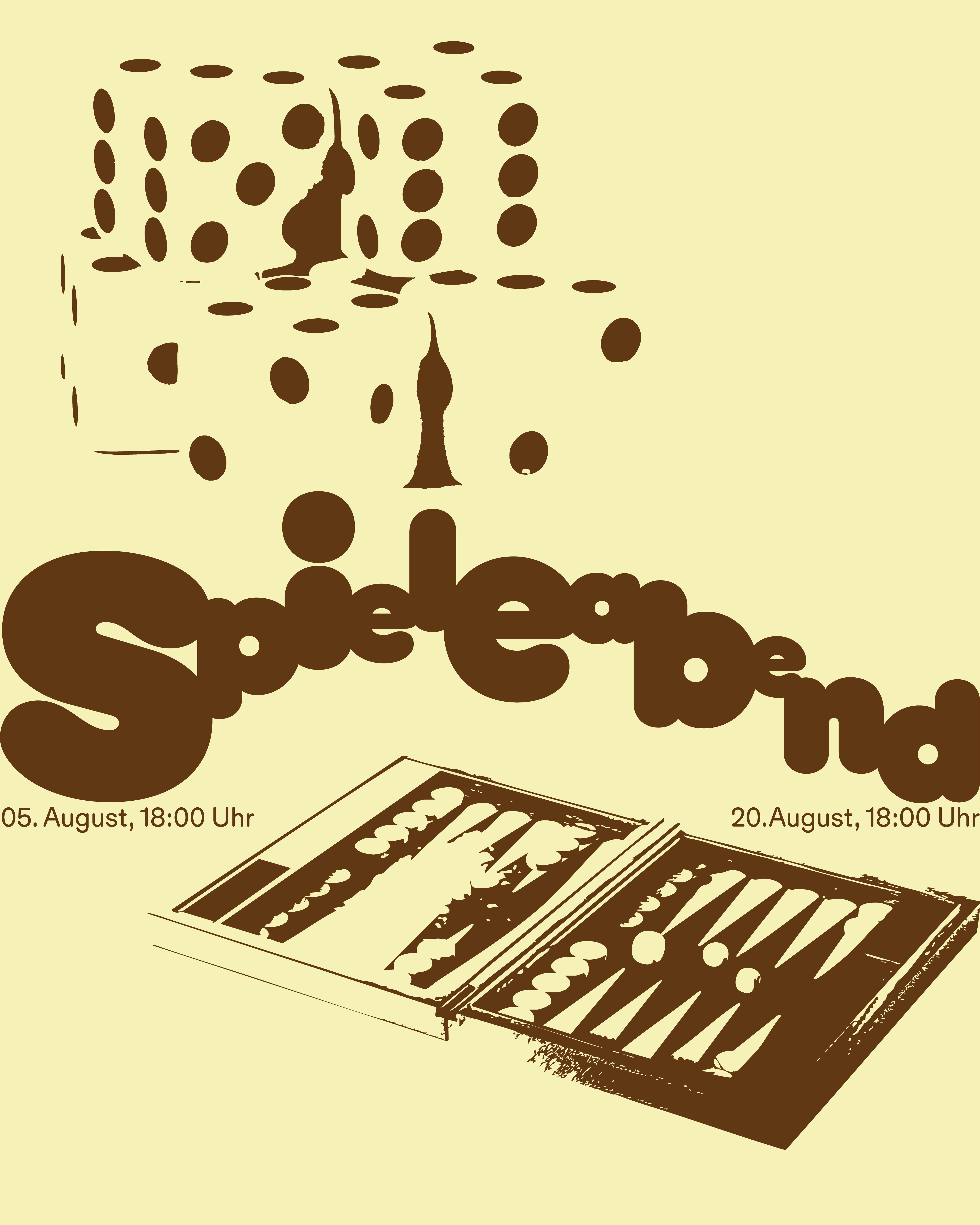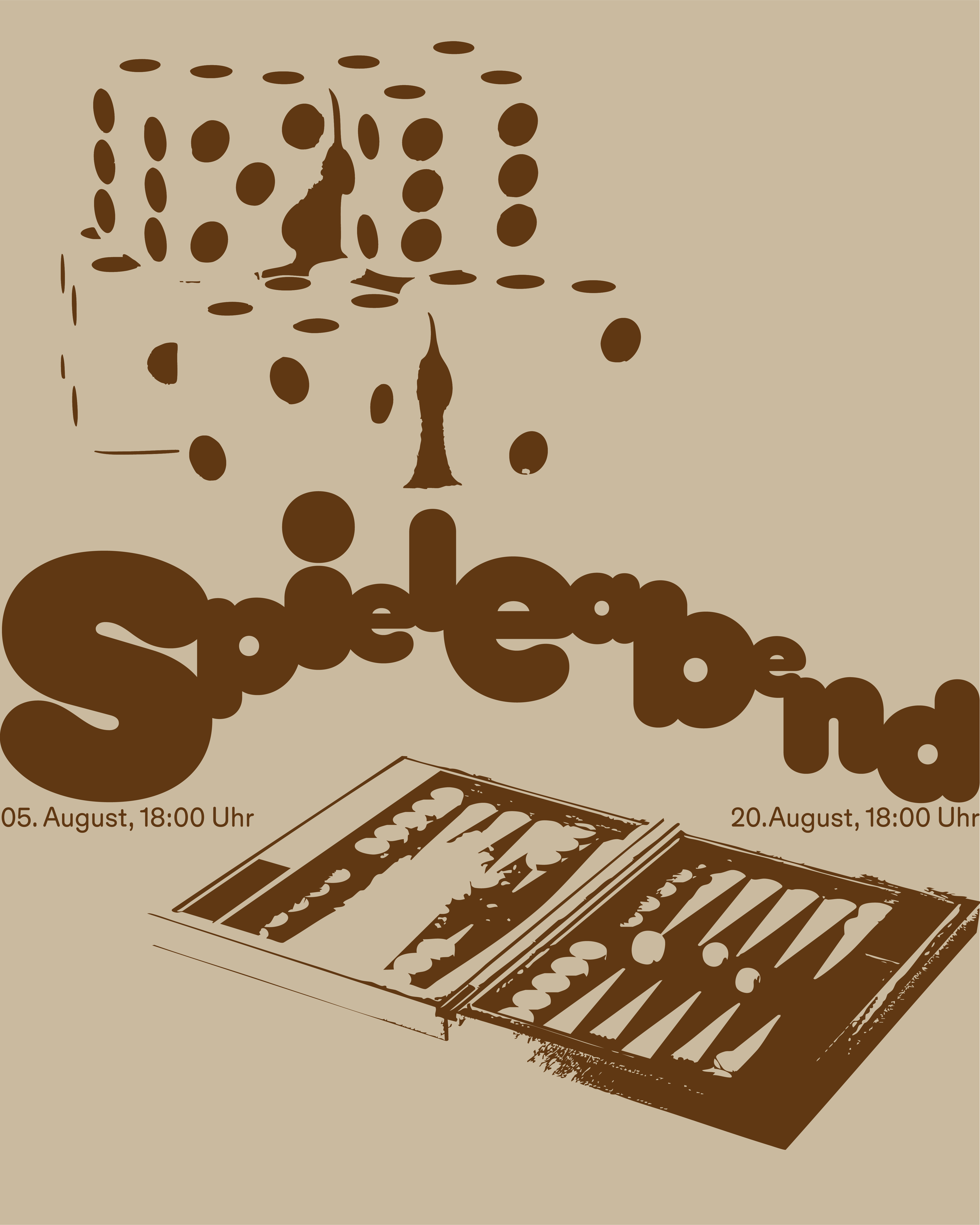Maktaba Room
Cate Lartey
Donja Nasseri
Aug 1 – Aug 25, 2025
The term “Maktaba” originates from the North and East African region and means “library” or “book collection.”
In a broader sense, it also refers to a place where knowledge is gathered, preserved, or made accessible.
The “Maktaba“ Room is a kind of pop-up library dedicated to breaking down structural barriers — especially those that limit access to artistic platforms for marginalized groups.
The Diversity Fund NRW funds the project
August 1, 6:00 PM – Opening River to Riddim – Water to Wax
A curated vinyl set by and with Parissa Charghi (HEAVY FEELINGS)
August 3, 6:30 PM with Fatima Khan, From “Madonna in the Ruins” to the Ruins in Gaza
Fatima will read an excerpt from her debut novel “Madonna in den Trümmern” and share a brief history of libraries — starting with the most famous of antiquity, the Library of Alexandria, and moving through to the destroyed libraries of Jaffna and Gaza.
August 9, 6:30 PM with Tuğba Durukan
Tuğba Durukan introduces the discourse around the (un)translatability of writing systems and reflects on the role this plays in her artistic practice.
August 16, 6:30 PM with María Inés Plaza Lazo
On August 16, María Inés Plaza Lazo — founder and editor of “Arts of the Working Class” — will present the new issue, “No. 38: Transfiguration”, and offer insights into her work as a publisher and curator.
“Arts of the Working Class” positions itself as a platform for social exchange. The newspaper addresses precarious working conditions in the cultural field and advocates for an inclusive economy and free access to art and culture.
August 24, 6:30 PM with Samira Ghoualmia
“Chaos Reading” is an open format for collective learning that mixes poetry, fiction, and theory to discover new ways of accessing knowledge — both within ourselves and in others.
What might it mean to understand chaos as a method for shared learning?
How are Western imaginations of chaos connected to the othered, the feminine, the queer, the Indigenous, or the culturally marked “foreign”?
How can we play with chaotic methods to open up knowledge beyond linear structures?
